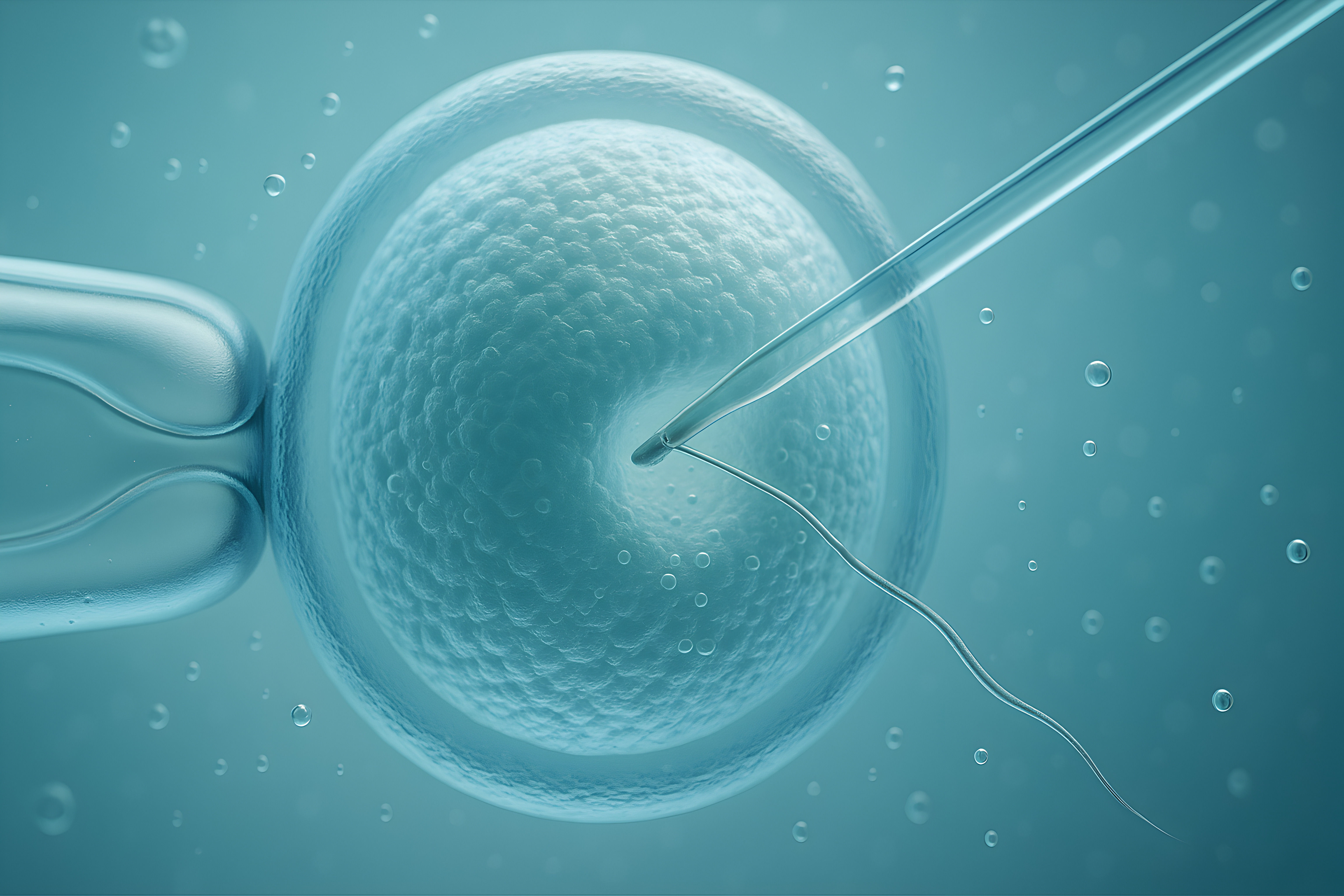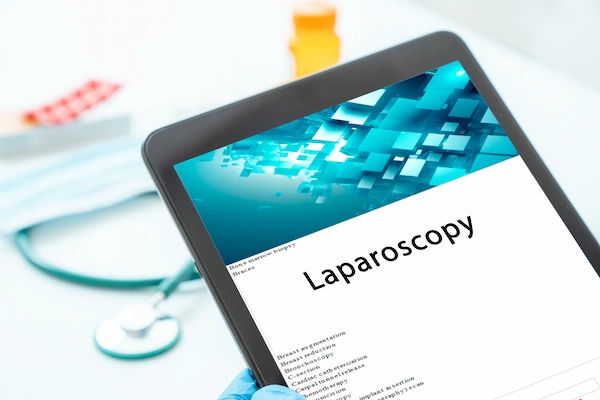Causes and Treatments of Female Infertility
Know about female infertility, causes, diagnosis and treatment options. Learn when to see a doctor and more.


Introduction
Infertility can be a challenging and emotional journey for many women and couples. If you or someone you know is struggling to conceive, it’s important to understand that infertility is a common issue, and many treatment options are available. This article will help you learn about the causes of female infertility, possible treatments, and lifestyle changes that can improve fertility.
What is Female Infertility?
Female infertility is defined as the inability to get pregnant after 12 months of regular, unprotected intercourse (or 6 months if the woman is over 35). It can be caused by various factors, including hormonal imbalances, structural issues in the reproductive system, or underlying health conditions.
Consult General Practitioner for Personalised Advice
Common Causes of Female Infertility
Several factors can contribute to infertility in women. Here are some of the most common causes:
1. Ovulation Disorders
Ovulation (the release of an egg from the ovary) is crucial for pregnancy. Conditions that disrupt ovulation include:
- Polycystic Ovary Syndrome (PCOS) – A hormonal disorder causing irregular or absent periods.
- Premature Ovarian Insufficiency (POI) – When ovaries stop functioning before age 40.
- Thyroid Disorders – Both hypothyroidism (low thyroid) and hyperthyroidism (high thyroid) can affect ovulation.
2. Fallopian Tube Blockage or Damage
Blocked or damaged fallopian tubes prevent sperm from reaching the egg or stop the fertilized egg from moving to the
uterus. Causes include:
- Pelvic Inflammatory Disease (PID) – Often due to untreated sexually transmitted infections (STIs).
- Endometriosis – A condition where uterine tissue grows outside the uterus, causing scarring.
- Previous Surgeries – Abdominal or pelvic surgeries can sometimes lead to scarring.
3. Uterine or Cervical Problems
- Fibroids – Non-cancerous growths in the uterus that can block implantation.
- Polyps – Small growths in the uterine lining that may interfere with pregnancy.
- Cervical Stenosis – A narrowed cervix that prevents sperm from entering.
4. Age-Related Factors
- A woman’s fertility naturally declines with age, especially after 35, due to a decrease in egg quality and quantity.
5. Lifestyle and Environmental Factors
- Smoking and Alcohol Can reduce fertility.
- Obesity or Underweight – Both can disrupt hormonal balance.
- Stress – Chronic stress may affect ovulation.
Diagnosing Female Infertility
If you’ve been trying to conceive without success, a doctor may recommend tests such as:
- Blood tests (to check hormone levels).
- Pelvic ultrasound (to check for fibroids, cysts, or other abnormalities).
- Hysterosalpingography (HSG) – An X-ray test to check fallopian tube blockage.
- Laparoscopy – A minor surgical procedure to examine reproductive organs.
Get Your Health Assessed
Treatment Options for Female Infertility
The treatment depends on the underlying cause. Here are some common approaches:
1. Medications to Induce Ovulation
- Clomiphene Citrate (Clomid) – Stimulates ovulation in women with PCOS.
- Letrozole (Femara) – Another option for PCOS-related infertility.
- Gonadotropins – Injectable hormones to stimulate egg production.
2. Surgical Treatments
- Laparoscopic Surgery – To remove endometriosis, fibroids, or scar tissue.
- Hysteroscopy – To remove polyps or correct uterine abnormalities.
3. Assisted Reproductive Technology (ART)
- Intrauterine Insemination (IUI) – Sperm is directly placed into the uterus during ovulation.
- In Vitro Fertilisation (IVF) – Eggs are retrieved, fertilised in a lab, and then implanted into the uterus.
4. Lifestyle Changes to Improve Fertility
- Maintain a Healthy Weight – Being overweight or underweight can affect fertility.
- Eat a Balanced Diet – Focus on whole grains, fruits, vegetables, and lean proteins.
- Reduce Stress – Practice yoga, meditation, or deep breathing exercises.
- Avoid Smoking and Alcohol – Both can harm fertility.
When to Seek Help?
If you’ve been trying to conceive for over a year (or 6 months if you’re over 35) without success, it’s a good idea to
consult a fertility specialist. Early diagnosis can improve treatment success rates.
Final Thoughts
Infertility can be emotionally difficult, but remember you’re not alone. Many women successfully conceive with the
right treatment and support. If you suspect fertility issues, don’t hesitate to seek medical advice. With advancements in fertility treatments, there’s hope for many couples trying to start a family.
Consult General Practitioner for Personalised Advice
Consult General Practitioner for Personalised Advice

Dr. Mainak Baksi
General Practitioner
13 Years • MBBS , MD (MPH)
Howrah
Mainak Baksi Clinic, Howrah
(50+ Patients)

Dr. D Bhanu Prakash
General Practitioner
10 Years • MBBS, AFIH, Advanced certificate in critical care medicine, Fellowship in critical care medicine
Hyderabad
Apollo 24|7 Clinic, Hyderabad

Dr. Dhankecha Mayank
General Practitioner
6 Years • MBBS
Hyderabad
Apollo 24|7 Clinic - Telangana, Hyderabad

Dr. M L Ezhilarasan
General Practitioner
6 Years • MBBS
Visakhapatnam
Apollo 24|7 Clinic - Andhra Pradesh, Visakhapatnam

Dr. Md Yusuf Shareef
General Practitioner
8 Years • MBBS
Hyderabad
Apollo 24|7 Clinic, Hyderabad
Consult General Practitioner for Personalised Advice

Dr. Mainak Baksi
General Practitioner
13 Years • MBBS , MD (MPH)
Howrah
Mainak Baksi Clinic, Howrah
(50+ Patients)

Dr. D Bhanu Prakash
General Practitioner
10 Years • MBBS, AFIH, Advanced certificate in critical care medicine, Fellowship in critical care medicine
Hyderabad
Apollo 24|7 Clinic, Hyderabad

Dr. Dhankecha Mayank
General Practitioner
6 Years • MBBS
Hyderabad
Apollo 24|7 Clinic - Telangana, Hyderabad

Dr. M L Ezhilarasan
General Practitioner
6 Years • MBBS
Visakhapatnam
Apollo 24|7 Clinic - Andhra Pradesh, Visakhapatnam

Dr. Md Yusuf Shareef
General Practitioner
8 Years • MBBS
Hyderabad
Apollo 24|7 Clinic, Hyderabad






